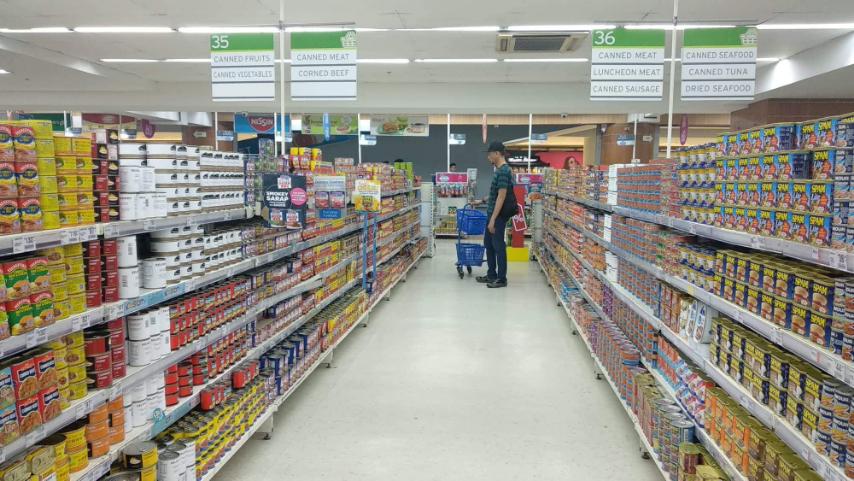By THEPHILBIZNEWS STAFF
“There will be no increases in the prices of all basic necessities, whether in the physical stores or in the internet, while price freeze is in effect throughout the country,” a tripartite directive of the Department of Trade and Industry (DTI), Department of Agriculture (DA), and Department of Health (DOH).
Joint Memorandum Circular (JMC) No. 2020-01 issued on 18 March 2020 reiterates the implementation of a nationwide price freeze on all agricultural and manufactured basic goods, essential medicines, and other medical supplies following the declaration of a State of Public Health Emergency and a State of Calamity last 08 and 16 March 2020, respectively.
The DTI, DA, and DOH signed said JMC pursuant to Section 6 of the Price Act (Republic Act No. 7581), as amended by RA 10623, which states that whenever there is a declaration of a state of emergency, calamity, or other similar conditions, prices of basic necessities shall be frozen at their prevailing prices for sixty (60) days or until sooner lifted by the President.
On the difference to an earlier announcement of a nationwide price freeze, DTI Secretary Ramon M. Lopez clarified that, “The JMC further enhances our existing measures for ensuring sellers’ compliance with the price freeze of basic goods. The Circular does not distinguish between an individual seller and a business entity, or if they are operating in either physical or virtual stores. We made it very clear that as long as you are selling any basic good to the public, you must strictly abide by the price freeze. We have likewise intensified the monitoring and enforcement powers of our agencies through the creation of composite teams that would prevent and control any incident of overpricing/profiteering, hoarding, and cartel observed in the market.”
For better coordination on the ground, the DTI, DA, and DOH will also be fully mobilizing the Local Price Coordinating Councils (LPCCs) of the local government through the Department of Interior and Local Government (DILG).
The price freeze shall remain in effect for the next sixty (60) days from the later declaration of a State of Calamity on 16 March 2020 or until 15 May 2020. However, should the effects of the Coronavirus Disease 2019 (COVID-19) continue to persist thereafter, the DTI, DA, and DOH may recommend to the President the imposition of a Mandated Price Ceiling on basic goods.
Any person or entity found to have violated the price freeze may face a fine ranging between Five Thousand Pesos (P5,000.00) and Two Million Pesos (P2,000,000.00) and imprisonment of not less than five (5) years up to 15 years. This is without prejudice to the prescribed penalties and sanctions in relevant ordinances issued by the local government units.

Photo File THEPHILBINEWS
Basic goods that are under the jurisdiction of the DTI include canned fish and other marine products, locally manufactured instant noodles, bottled water, bread, processed milk, coffee, candles, laundry, and detergent soapS, and salt.
The DA covers basic agricultural goods such as rice, corn, cooking oil, fresh, dried and other marine products, fresh eggs, fresh pork, beef and poultry meat, fresh milk, fresh vegetables, root crops, sugar, and fresh fruits.

Photo File THEPHILBIZNEWS
Essential drugs and other medical devices are under the DOH while firewood and charcoal for the DENR. Household LPG and kerosene, on the other hand, are under the DOE.
Consumers are enjoined to report business establishments that sell basic necessities beyond the frozen prevailing prices by calling the One-DTI (1-384) Hotline or by sending an email to ConsumerCare@dti.gov.ph.














